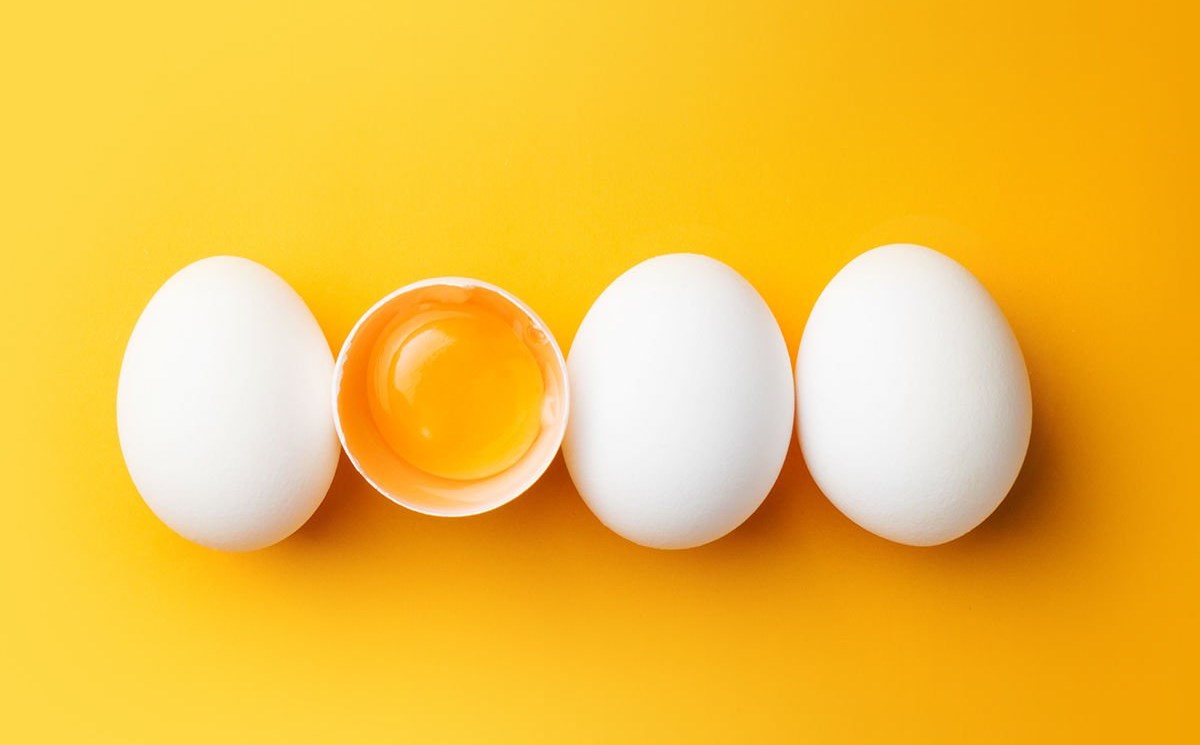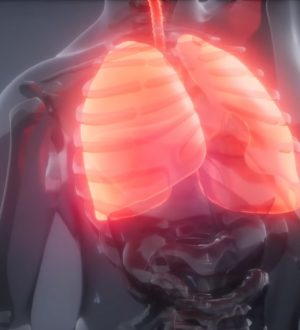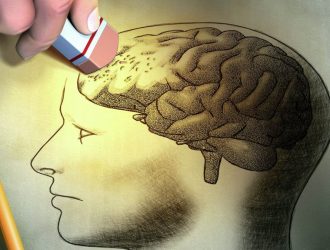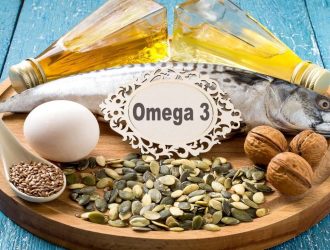
The absolute best type of protein that you can eat is the egg, and we are going to talk about why. Even some of the pharmaceutical companies right now are looking at ways of extracting certain proteins from eggs and using them in pharmaceuticals because of the wide spectrum of benefits. They isolated over 1500 different unique proteins in eggs, and these proteins have a wide variety of functions including support of your immune system, anti-microbial, anti-cancer, anti-inflammatory. There is a whole list of benefits, so let’s dive right in.
Contents
What you need to know about eggs
So, what is an egg? Well, you have the yellow part of an egg, which is a yolk, and you have the white part of the egg, and collectively we call that the egg, even though the egg is really the yolk. The white part of the egg is not the egg; it’s the food for the actual egg – the yolk. And so, what is so special about the egg?
It’s very different in other sources of protein. Most other sources of protein are muscle tissue, while an egg is an embryo, and the quality of nutrition and eggs is just off the charts: it has a higher quality of amino acids than any other protein out there except breast milk. And it has probably one of the most diverse bands of nutrients of any other proteins as well as the bioavailability of nutrients. It has pretty much all of the fat-soluble vitamins. It is virtually all water-soluble vitamins as well, except vitamin C. So it’s a quality source of protein, of course, if you’re not consuming conventional eggs.
What is the best type of egg?
The best type of eggs you should get would be pasture raised organic eggs. Now, if you can actually raise your own chickens, get your own eggs, that would be the best thing. Or get eggs from the farmer’s market. Because depending on the diet of the chicken, there is a huge variance of nutrients. If the diet of the chicken is just right, you can get up to 20 times more vitamin E, up to five times as much vitamin D, up to 10 times the vitamin A, specifically, retinol, the bioactive form of vitamin A, and even up to six times the selenium.
Are eggs healthy?
Unfortunately, in 1968 the egg has gotten a bad rap due to cholesterol issue (learn more how how to decrease the level of cholesterol). And then it took roughly about 50 years to repair that bad reputation. Because in 2015, finally, after all this time, they dropped dietary cholesterol and egg restriction. We can now go back to eating eggs. Of course, after all this bad information about eggs has been ingrained in us for so many years. There are two main viewpoints on cholesterol. Cholesterol itself in the diet increases the cholesterol in your blood, which then clogs your arteries – that’s one theory.
And the second theory is that the cholesterol builds up as a result of or a consequence of having inflammation or damage in the inside of the arteries, because cholesterol is part of the band-aid that heals the inside of the arteries. And based on a lot of quality research, the second theory is more probable. So, let’s go through some of the essential points.
Protein in eggs
As far as protein goes, a lot of different sources of protein don’t end up as body tissue protein. A good amount of that is wasted either as nitrogen waste or turned into glucose. But roughly about 49% of eggs is converted to body tissue, which is pretty much the highest efficiency that you are going to get from all the different types of protein, excluding breast milk.
The benefits of eggs
As far as the nutrients go, the egg has every single fat-soluble vitamin:
- vitamin A
- vitamin D
- vitamin E
- vitamin K
- vitamin K1
- vitamin K2, which is an amazing vitamin that helps you extract calcium out of the soft tissues.
So these fat cyber vitamins are essential in brain health and hormone health in your eyes. And so, most of the fat cyber vitamins are in the yolk part. But the yolk also contains all of your B vitamins: B1, B2, B3, B5, B6, biotin, B12, and even the white part of the egg is loaded with B vitamins as well. The yolk also contains some rich minerals. A lot of trace minerals as well as other minerals like magnesium, potassium. It has phosphorus, calcium, iodine, selenium, zinc, copper (learn more about benefits of copper), so it is a really good source of minerals. Eggs are a good source of omega-3 fatty acids, which are anti-inflammatory.
The egg yolk is a really good source of choline. Choline is the antidote to cholesterol. It helps break down cholesterol, it helps the brain work and all the neurotransmitters. Out of all the foods, liver is the highest in choline, egg yolk is the second. Now if you were asked, “What has more protein, the egg white or the yolk?”, you’d probably say, “the egg white, right?”. Well, actually, that is not true. The egg yolk has 15% protein, and the egg white only has 11% protein, which is actually quite interesting because you have people that think they’re getting more protein from the egg whites when they’re not.
What else does the egg yolk have? The egg yolk has carotenoids. What are carotenoids? Carotenoids are compounds that give you additional health benefits like lutein and zeaxanthin, which both are crucial for preventing macular degeneration and supporting the eyes, especially if you are a diabetic.
They are now finding that eggs have a wide range of antimicrobial properties, especially for your gut. Eggs are a great source of antioxidants, eggs have certain proteins that are anti-inflammatory.
Eggs have properties that help counter cancer and tumors. Eggs also have immunoregulatory properties that support things like IBS, colitis, other inflammatory conditions of the gut. And if you think about it, colostrum is in milk, and that supports the immune system of a growing calf, and also, if it’s breast milk, of a growing baby. Well, eggs also have their own colostrum for a growing chick. And so, there is a type of colostrum and egg that can actually benefit your immune system as well. There are even some interesting proteins in eggs that help lower your blood pressure.
How many eggs should be consumed in a day?
It really depends on your size and your desire for eating eggs. Specialists say that a grown man should consume at least four eggs every single day.








My grandmother had an egg for breakfast almost every morning of her life, even during the years when everyone was warning her about cholesterol, and she lived a long healthy life. She lived to be 102!